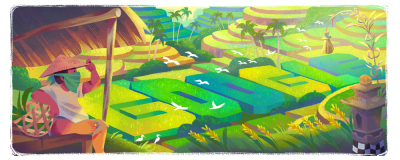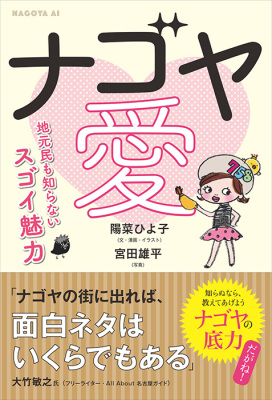2020年6月29日「スバックを称えて」のGoogle

スバック(バリ語:subak)とは、バリ島に見られる伝統的な水利組合である。現在のバリ島でも至るところで形成されており、その数は約1,200にも及ぶ。
スバックとバリ・ヒンドゥー
スバックは、「流水の分配」を意味するseuwakを語源としており、8〜9世紀頃に高僧ルシ・マルカンディアによって初めて形成されたと言われている。水資源の不安定なインドで生まれたヒンドゥー教では水を万物の始原とする地母神信仰が盛んであり、これがバリ島土着のアニミズム的汎神論と結びつき、バリ・ヒンドゥーの体系において水が神格化されたことで、スバックの行事や運営は、水を中心とする神事と密接なつながりを有している。
各スバックはそれぞれに自らの寺院を保有しているほか、取水堰や主な分水堰(トムク)にも堰堤寺院や石製の祭壇が設えられており、スバックの構成員は農作業はもとより、水に関わる各種の宗教行事に対して共同で参加し、その費用を負担している。スバックの寺院(プラ・スバック)では、稲の女神デウィ・スリや水の神とされるブタラ・ウィスヌに対して豊饒を祈る儀礼が行なわれる。
スバックの運営
スバックは、バンジャール(部落)やデサ(村)とは独立して形成されており、その構造はさながらひとつの村のようである。スバックの構成員(クラマ・スバック)は灌漑耕地の所有によって決定される(したがって、あるバンジャールの構成員がいくつかの異なるスバックに分かれて所属していることもある)。
クラマ・スバックのあいだでは定期集会が開かれ、スバックの長(クリアン・スバックないしプカセ)が構成員の中から互選され、アウィグ・アウィグと呼ばれる合意事項が定められ、スバックはこれにしたがって運営される。具体的には、独自に土地税を徴収し、共同作業(ゴトン・ロヨン)への参加を義務として課し、水の取り入れの権利を強く保証し、紛争時には調停を行うとともに、盗水などの違反行為に対する厳しい罰則規定を設けるといった活動がみられる。文化人類学者のクリフォード・ギアツの観察するところ、「スバックの言葉は法であり、それに逆らうことは犯罪」なのである。
世界遺産
スバックに基づくバリの文化的景観は、2012年、「バリ州の文化的景観 : トリ・ヒタ・カラナの哲学を表現したスバック・システム」としてユネスコの世界遺産(文化遺産)に登録された。この遺産は5件の棚田とその灌漑施設、および関連する寺院や湖から構成されている。その中には、18世紀に建立された王立水上寺院プラ・タマン・アユンも含まれているが、これはバリ島においてプラ・ブサキに次いで大きい寺院である。
Today’s Doodle, illustrated by Indonesia-based guest artist Hana Augustine, commemorates the culturally significant Indonesian irrigation system called subak, which was inscribed on UNESCO’s list of World Heritage sites on this day in 2012. This network of canals, tunnels, and dams has allowed the people of the island of Bali to sustain lush rice paddy fields and live in symbiosis with nature for over a thousand years.
The word subak refers not just to the irrigation infrastructure, but also to the cooperative social tradition that surrounds it. Through this system, a limited water supply is managed peacefully through some 1,200 collectives of individual farmers. Subak is considered to be a reflection of the ancient Balinese philosophy of Tri Hita Karana, which loosely translates to “three causes of well-being” and describes the ideal of spiritual, interpersonal, and natural harmony.
Firmly rooted in this ideology passed down through the generations, the traditional subak system has been upheld with unwavering dedication since its formation as early as the 9th century. In turn, Indonesian agriculturists have achieved an egalitarian rule of order that successfully sustains a harmonious balance between the land and the community of farmers that reap its benefits.
The practice of subak has created a majestic and abundant landscape of tiered rice paddy fields that waterfall for hectares, and is an irreplicable phenomenon that fills both the hearts and bellies of the Balinese people.
https://www.google.com/doodles?hl=ja
google "bird"



